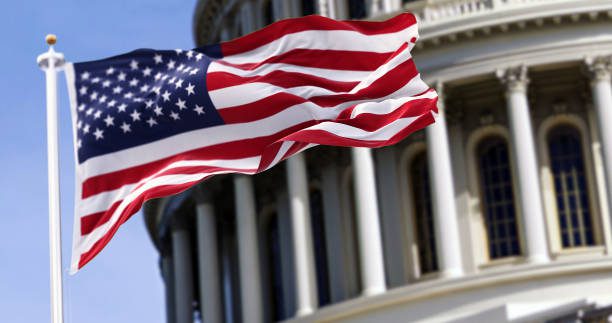
Washington, D.C. – This week marks U.S. Constitution Week, a national observance meant to celebrate the country’s founding charter. Yet the occasion raises a striking reality: while the Constitution guarantees a wide range of freedoms, public debate tends to spotlight only a few — most often the right to bear arms.
The Constitution and its amendments form the backbone of American life. The First Amendment protects free speech, press, assembly, and religion. The Fourth shields citizens against unlawful searches and seizures. The Fifth and Sixth guarantee due process, fair trials, and the right to counsel. The Fourteenth enshrines equal protection under the law. Together, these provisions touch daily experiences from voting and protesting to digital privacy and criminal justice.
Despite this breadth, some rights live more loudly in public memory than others. Gun rights, for example, dominate political discourse, campaigns, and court battles. Other guarantees — such as the presumption of innocence or protection from self-incrimination — often fade into the background until tested in high-profile cases.
That contrast raises a deeper, psychological question during Constitution Week: why do some freedoms become rallying cries while others are quietly taken for granted? One explanation lies in identity. Certain rights, such as the Second Amendment, have become symbols of cultural independence and political belonging. Others, like the guarantee of a speedy trial, operate as silent infrastructure — essential but rarely celebrated.
This selective memory can carry risks. Rights that are not remembered or actively defended may erode over time, not through dramatic repeal but through gradual neglect. The history of constitutional interpretation shows how fragile freedoms can be without vigilance, from free expression during wartime to voting access in shifting state laws.
Constitution Week invites Americans to broaden the lens. Instead of focusing on a single amendment, the commemoration highlights the Constitution as a living system of guarantees that work together. Schools and civic groups use the week to remind students that sending a text message without government intrusion, attending religious services freely, or accessing a public defender in court are all constitutional protections at work.
The lesson is simple but profound: freedom is not one right, but a network of rights. To value only one is to misunderstand the whole. Constitution Week underscores the importance of collective memory — remembering not just the loudest amendments, but the quiet protections that shape everyday life.



